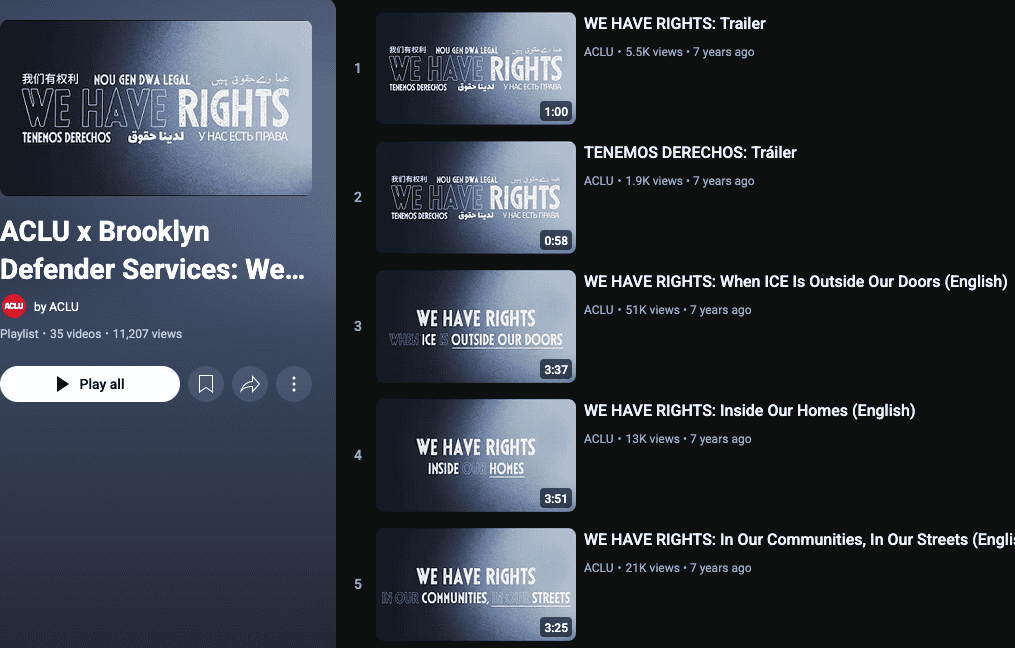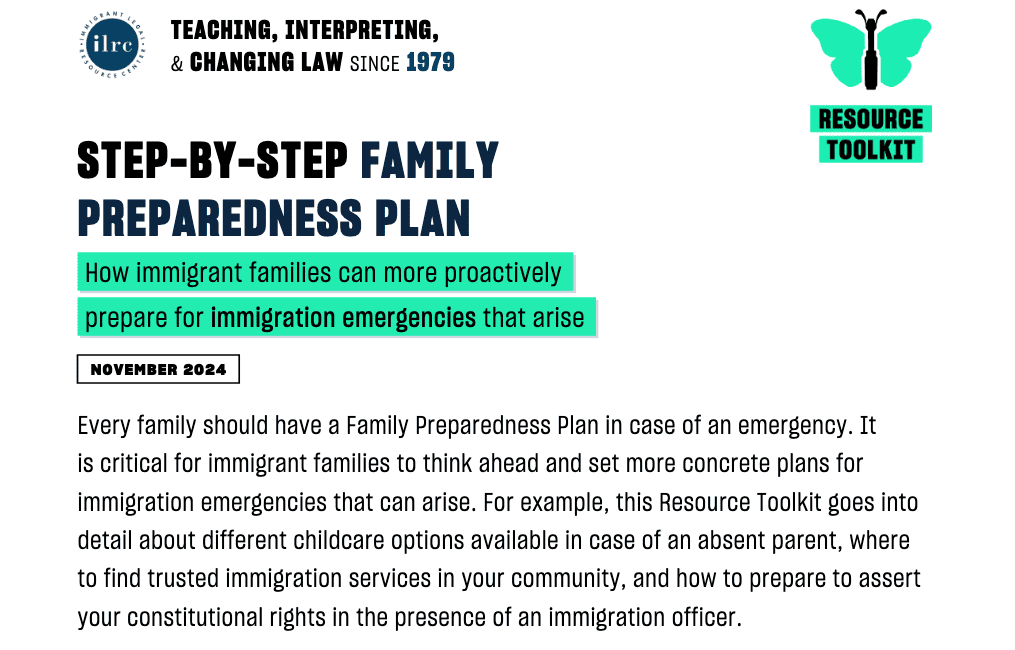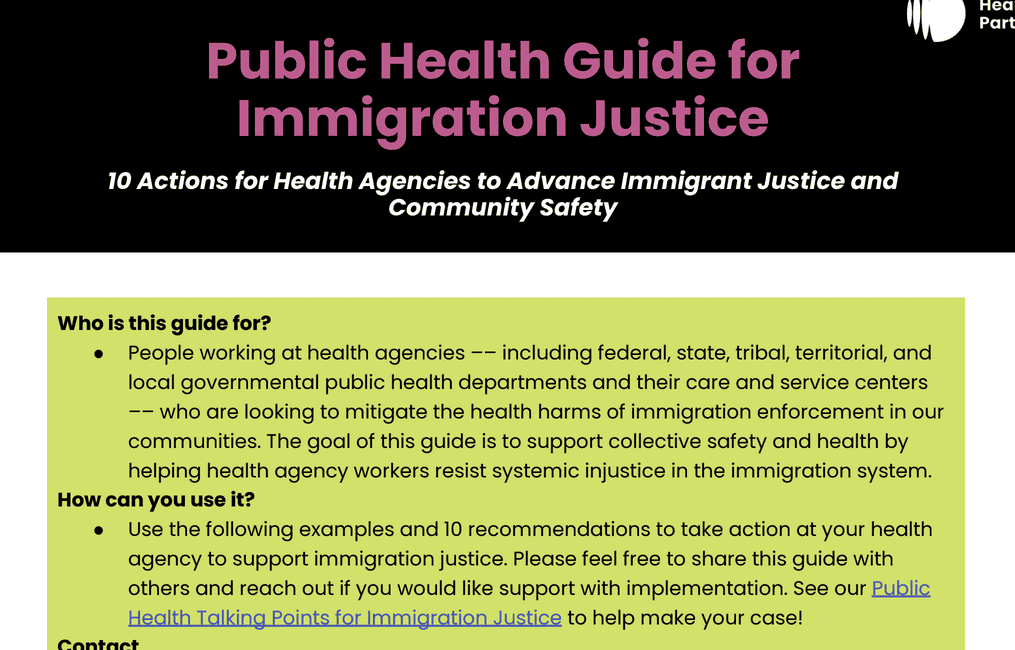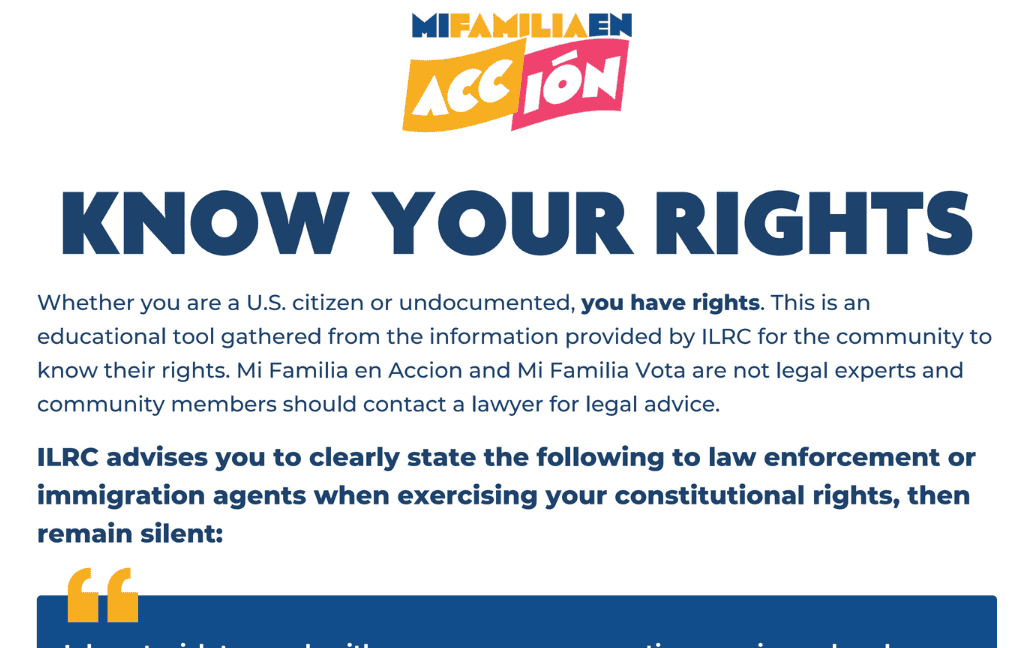Immigration Attorney Consultation: Frequently Asked Questions
THIS IS NOT LEGAL ADVICE
Revised June 2025
1. What Should You Bring to an Immigration Attorney Meeting?
When meeting with an immigration attorney, it is important to bring all relevant documents related to your case. This helps the attorney assess your situation accurately and provide appropriate guidance.
2. What Should You Bring?
● A valid form of identification (passport, visa, or other government-issued ID)
● Any previous immigration paperwork (visas, green cards, work permits, etc.)
● Documents related to your legal issue (court documents, police reports, or correspondence with immigration authorities)
● Proof of financial status (pay stubs, tax returns, or bank statements)
● Marriage or birth certificates (if applicable to your case)
● Any questions or concerns you have written down to ensure they are addressed3. What Do Intake Forms Look Like?
Intake forms vary by attorney, but they typically request:
● Personal information (name, address, contact details)
● Immigration history (visa status, prior applications, deportation history)
● Employment and financial information
● Family details (spouse, children, dependents)
● Criminal record disclosure (if applicable)
● Any other relevant legal history4. What Should You Ask Your Immigration Attorney?
● What are my legal options for my immigration status?
● What are the potential risks or challenges in my case?
● How long does the immigration process take?
● What are the expected costs, including legal fees and government fees?
● What documents do I need to gather?
● How will you communicate updates on my case?
● What are the next steps if my application is denied?5. What to Bring to Your Consultation?
For a productive consultation, bring all necessary documents, including:
● Identification and immigration documents
● Any correspondence with USCIS or other immigration authorities
● Proof of residence and employment
● Questions or concerns you want to discuss6. What is an Immigration Bond?
An immigration bond is a payment that allows a detained immigrant to be released while awaiting court proceedings. It ensures that the individual will appear for their immigration hearings.
7. How Do You Pay a Bond?
● The bond can be paid by a U.S. citizen or legal resident on behalf of the detained individual.
● It must be paid at a designated Immigration and Customs Enforcement (ICE) office.
● Payment is typically made via cashier’s check or money order.
● A bondsman can also post the bond for a fee.
● Once the case concludes, the bond amount may be refunded, provided the individual complies with court orders.
For further questions, it is always best to consult with a qualified immigration attorney who can provide case-specific guidance.
For additional information please contact us at info@rise4ej.org or 913-608-9266






